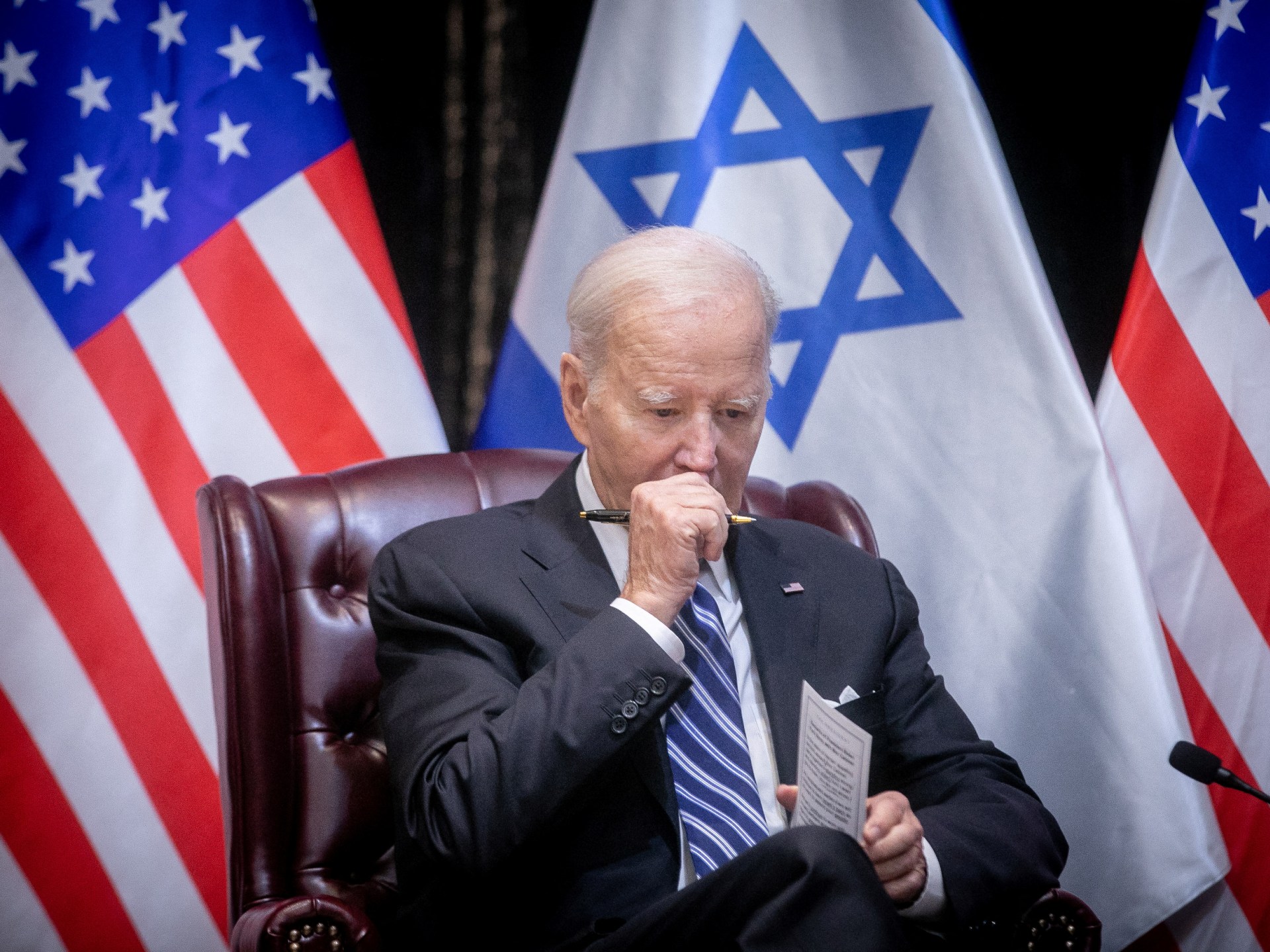The US President Joe Biden has faced significant criticism for his unwavering support for Israel, particularly in light of recent escalations in the Gaza Strip. A recent Israeli bombing in the southern Gaza Strip's Rafah camp, which resulted in the death of at least 45 people, has intensified international and Arab condemnation. Most of the victims were women and children, with dozens more injured.
A report by Axios reveals that the Biden administration is currently assessing whether this Israeli bombing violates the 'red line' that had been established regarding military operations in densely populated areas. This event is likely to increase political pressure on President Biden to revise his approach towards the ongoing war in Gaza.
The tragic event in Rafah has drawn a varied response from both Israeli and American officials. Israeli Military Prosecutor Yifat Tomer Yerushalmi termed the bombing 'extremely dangerous' and confirmed an investigation is underway. Israeli Prime Minister Benjamin Netanyahu labeled it a 'catastrophic mistake.' On the other hand, US National Security Advisor Jake Sullivan, during a recent visit to Israel, discussed the military operations in Rafah with senior Israeli officials. Despite these discussions, the recent Rafah incident could potentially shift US policy, especially given the strong opposition faced domestically.
Additionally, Washington had previously indicated it could suspend the delivery of American-made offensive weapons should Israel storm population centers in Rafah. Following updated Israeli operational plans, which aligned more closely with US warnings about civilian safety, America had initially tempered its opposition. However, the Rafah bombing has once again put US-Israeli relations under scrutiny.
In another related incident, an Egyptian border security member was killed amid an exchange of fire at the Rafah border, further complicating the situation. The Egyptian army's spokesperson confirmed the death and emphasized ongoing investigations. This incident has ignited substantial debate in Egypt, with many expressing frustration and anger.
High-profile Egyptian figures have commented on the incident, with Mustafa Bakri, an Egyptian member of parliament, defending the Egyptian army against accusations of negligence. Bakri refuted claims made on social media and reaffirmed Egypt's stance against Israeli aggression. Similarly, Dalia Ziyada, an Egyptian author and peace activist, suggested that the terminology used by the Egyptian army spokesperson might have been an attempt to mitigate public outrage and avoid escalating tensions between Egypt and Israel.
- Further complicating the situation at the Rafah border, tensions between Egypt and Israel have escalated due to the recent conflict in the Gaza Strip. There are claims that Israeli military operations near the Rafah border, particularly around smuggling tunnels, are adding pressure on Egyptian authorities. Despite official denials, it is widely believed these tunnels have been used for smuggling weapons to Hamas.
- In Egypt, public sentiment towards Israel has become increasingly hostile, partially fueled by radical Islamist groups. This animosity is further heightened by the perception that Egypt's leadership has adopted a pro-Hamas stance, which many Israelis view as a betrayal. Meanwhile, in Israel, there is growing frustration over what is seen as Egypt's lax attitude towards Hamas, potentially undermining regional security.
- The complex interplay of military actions, national politics, and historical grievances continues to shape the narrative in the Rafah region. Both the US and Egypt find themselves under increasing international scrutiny as they navigate these precarious dynamics.






